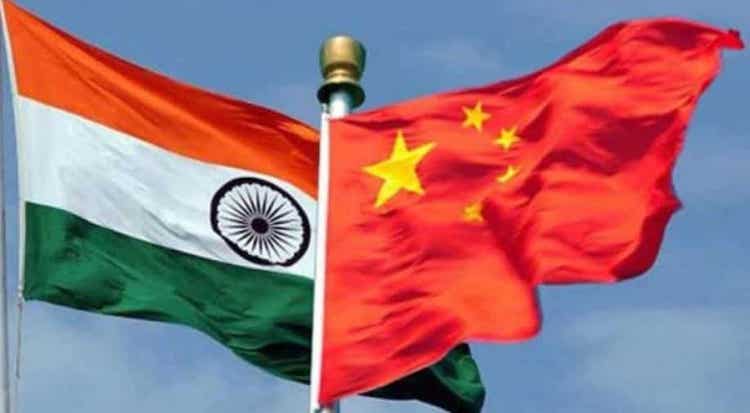By Shastri Ramachandran
NEW DELHI (IDN) — Sri Lanka, the Maldives, Afghanistan, Pakistan, Bhutan, Nepal, Bangladesh and Myanmar are all contested sites with both Beijing and New Delhi competing for influence in these countries. There can be no denying the geopolitics involved in bilateral relations in the region. Time was when most of the South Asian nations were conceded to be in “India’s zone of influence”.
Pakistan, as China’s all-weather friend, has been the long-standing exception to this rule. Despite its tilts towards China now and then, Nepal remained bound to India by civilisational bonds; and, the reality that China can never be and do for Nepal what India is and can do. In recent years though, that bond has begun to wear thin.
In Afghanistan, a prized trophy in the Great Game of world powers, it is open season for all powers big and small and India has long ceased to be the dominant influence. In Bhutan, Myanmar and Bangladesh both India and China are engaged in expanding and strengthening their influence. Sri Lanka, too, among the South Asian nations once perceived to be almost exclusively in India’s zone of influence, is now witnessing China’s rapid rise as a counterpoint.
Other countries that could influence Colombo generally deferred to India’s primacy. China’s economic and military prowess combined with its massive investments, especially the development of ports and airports, seem to have changed that. Even India and the US together are finding it difficult to prevail against China in Sri Lanka.
This was borne out by New Delhi’s perceived hand in the Chinese ship Yuan Wang-5 being ‘stopped’ from docking at Hambantota. As it turned out, Colombo had not stopped but only shifted the dates of the ship’s visit for the same duration. If the first act rankled in Beijing, the second ruffled feathers in New Delhi.
That is the cause of the ongoing verbal spat between Beijing and New Delhi in Colombo. The Chinese ambassador’s article in a Sri Lankan media outlet found India rising to the bait and giving a “befitting response”.
Such exchanges between New Delhi and Beijing, and the underlying tensions these betray, are not doing the neighbourhood any good. India and China, as the biggest stakeholders in the region, need to recognise that their interests and South Asia’s would be better served by a purposeful partnership than such recriminations. [IDN-InDepthNews – 18 September 2022]
The author is Editorial Consultant for WION, a political and foreign affairs commentator, and Senior Editorial Consultant for IDN-INPS.
Photo credit: Zee News Network
IDN is the flagship agency of the Non-profit International Press Syndicate.

